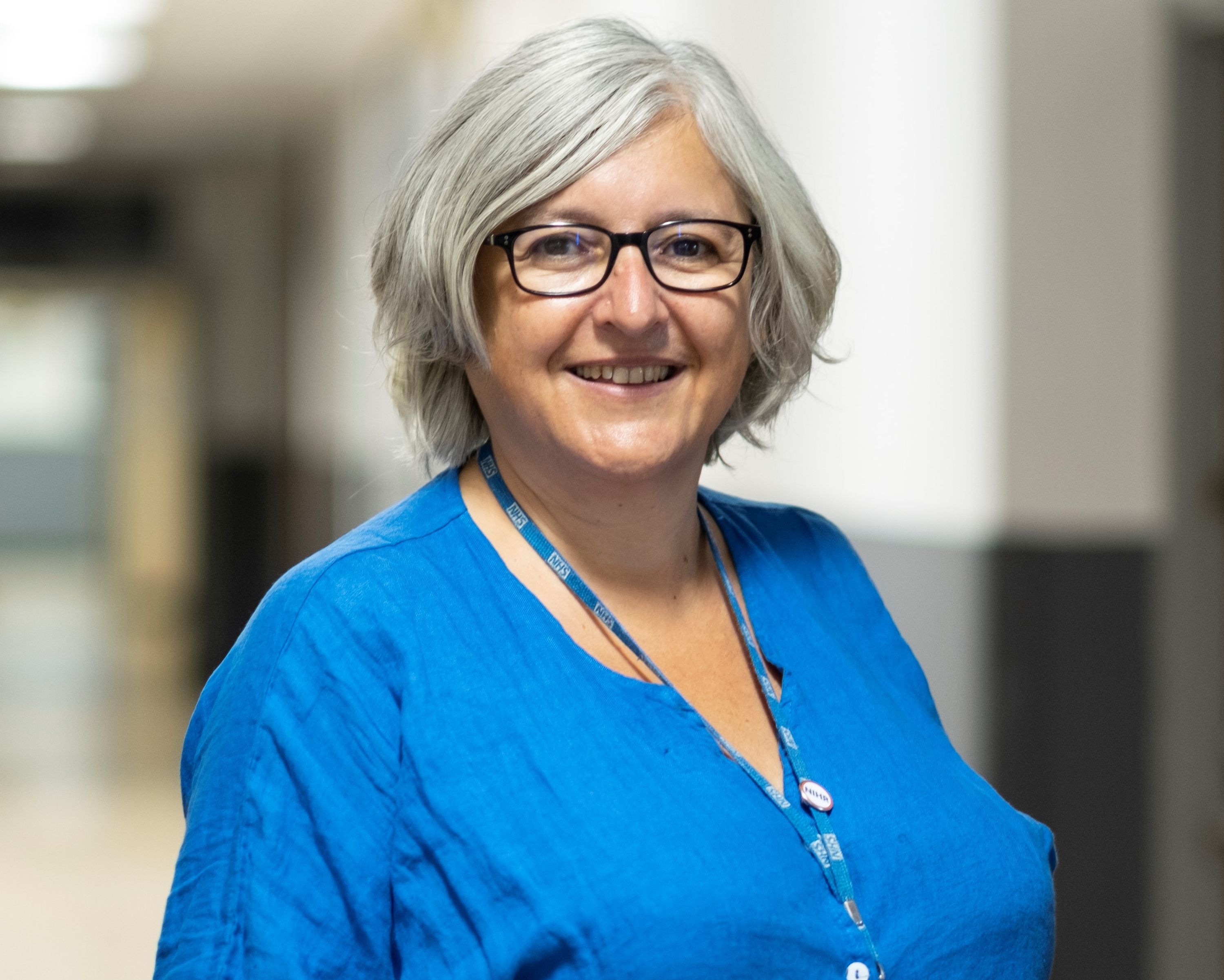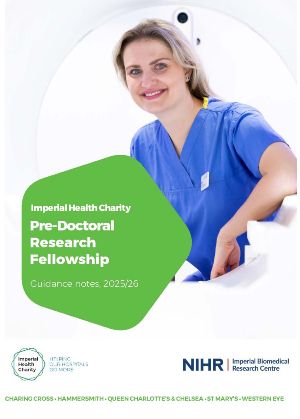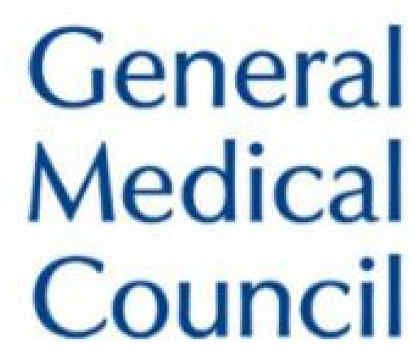A blog post by Lucy Dereham
What was it?
The mixed clinical research rotation is a unique opportunity in which Caroline Alexander, Lead Clinical Academic for AHP’s, offers two people/Band 5’s the opportunity to spend one day per week learning fundamental research skills. I was one of those lucky and fortunate people. It took place over a total of 14 days (sadly I missed one due to getting COVID!), which honestly went far too quickly – they say time flies when you’re having fun!
The term ‘evidence-based practice’ is something, as clinicians we refer to regularly, it is stated in our HCPC codes of conduct and a legal duty of the profession, but what does this really mean to me, to my practice overall and as an autonomous practitioner? I was keen to explore this in addition to learning skills tailored to my learning goals.
I had an idea of what to expect from speaking to a colleague who had previously completed this rotation – and really gave me the confidence to apply. I knew I would be reassured that I wouldn’t feel out of my depth due to lack of experience and that it was an opportunity to really make the most of what I wanted to gain out of the rotation.
Initial thoughts
It was wonderful to be chosen for the mixed clinical rotation. I felt as a more experienced Band 5, I was ready for a challenge however that does not mean it was without my own worries:
- Will I look silly or even stupid for asking questions that may seem obvious (especially when working with academics!)?
- Should I really be working with research team when my own skills are limited to university level: would I be expected to know more at my stage in career?
- Despite doing well, I struggled with my literature review at university: is it wise to put myself in a position where I know I will be reading literature and maybe not understanding it?
- What if I feel out of my depth? How do I address this?
- How does this apply to me as a band 5 not directly involved in research: higher bands seem to be involved in research or further education: is this something I should be doing now, is it not for a later date?
However, of course there were positive thoughts too:
- It would be an amazing experience, when speaking to peers, I don’t know many people who have been fortunate enough to do this
- It will always be beneficial to work on areas of weakness: with reading literature, further guidance will give me experience
- My lack of confidence comes from lack of understanding: this rotation will give me greater understanding of research and therefore give me confidence
- No one was born to do research, yes for some it may be an underlying knowledge that this is what they want to do, but I am sure many people didn’t plan on it yet there they are doing Masters, reviews, writing papers, lecturing: they must have started somewhere
- Rome was not built in a day: No one can become good at something or an expert overnight; learning research skills take time and effort, this is part of the process
What happened and what did I learn?
After discussion with Caroline, we established my research goals were to do with literature searching and appraising; and data analysing, inputting and presenting. I would be able to support two colleagues with their work once I had learned key skills. To summarise, each day was a structured day comprising of self-directed learning and planned meetings to work towards my learning goals. I first established core skills for example, learning how to use excel, library skills with the Imperial College Library including critical appraisal of literature, using a reference manager and statistics. These were excellent building blocks in which to start this rotation.
I was introduced to Donna Kennedy, the Senior Clinical Academic for Occupational Therapy, to assist her with a survey she had conducting regarding outcome measures. In assisting Donna, I was able to put my excel skills into use, applying data extraction techniques I had learnt and then presenting this into graphs. I learnt a lot during this, and now the thought of a mass of data is not as overwhelming. Yes it took time to break down, but once I knew what I was doing, it was easy to get on a roll (with the help of Donna, google and YouTube at times!). I also learnt the importance of data presentation in a graph – what looks aesthetically pleasing, how best to present data and how this can influence the reader – even down to colour scheme. I really enjoyed this creative part of the task and, when my charts were shown as part of a Donna’s presentation at a research event I felt hugely proud. I don’t think I will look at graphs and data in the same way again – I will definitely have a much more critical eye!
I was also introduced to Ellen Ewer, an honorary research associate and Physiotherapist, who was in the early stages of completing a scoping review. During this task it involved us coming up with our search (PICO), searching the literature, broadening the search, searching again, going through the titles and then the articles, until between us, we had enough articles that could be considered for the review. This was an amazing opportunity to support a ‘real’ project (previously only having done a literature review at university). I learnt how long things take; I expected us to be further down the line – but researching is not a rushed job. I learnt too that even at my early research career, I agreed with Ellen in discussions and we found frequently, we both were not sure – now this is a positive because for me, it meant I was not out of my depth: research is not black and white! Not only this but I was also able to utilise my excel skills when we jointly built a spreadsheet for the articles we selected, which was great to share these skills and for Ellen to have a working excel that (hopefully) will help with her review.
I also had the opportunity to attend the North West London Research Symposium which was unbelievably inspiring and such a fantastic opportunity as a Band 5. I was amazed at all the posters and research AHPs were conducting in so many different fields. It was a great opportunity to attend two different workshops – one was held by Donna, who was presenting part of the work I had completed on outcome measures I really felt such a sense of achievement. The other was ‘preparing for an interview’ which was extremely helpful to have so many tips to take away for the future.
To have one day a week dedicated to my own learning whilst supporting research has been the most wonderful journey of self-development and I feel incredibly fortunate. I feel more confident in my research skills: searching literature – why we use interventions, what is the evidence, if a patient was to ask me a question about an intervention or treatment, I feel I could look this is up and find the evidence or be able to translate it into real life terms for them. I feel confident to question why – and not feel like I am being silly or perhaps difficult; to question is to be inquisitive. I feel like I would be able to support others in areas of research: support others conducting reviews, question things with others, work through problems together. Overall, I feel really proud for putting myself forwards for the rotation, and as an added bonus, that my work may end up in potentially two research papers – this is something I hadn’t considered to be possible at my stage of career.
How will I translate this into practice / real life
Fundamentally it has given me the confidence to not be okay with being unable to answer questions, to say I don’t know the answer or I am not sure. Previously, perhaps I was embarrassed or felt like I ‘should’ know something and gave me a feeling of not being good enough – likening this to ‘imposter syndrome’. Now I can truly say, I do not feel like this. It is fine to say I don’t know – and even if someone does, this does not mean they are ‘right’. Particularly when this comes to critiquing articles: this is subjective and it is ok to have a different opinion to someone else – if anything this can be helpful and open discussion. Additionally, I know I could be asked something by a patient, go away, look it up and be confident to give them an answer – and where to look for the answer, not just by asking my peers or ‘just because’ the evidence says so (what evidence!). With Excel – I know now, with data I can extract it and present it to show what I would like it to show. This is really important when conducting presentations or when presenting research. Data is important but so is the aesthetics.
Will I have a career in research one day?
Who knows, but one thing is for certain, the idea of research isn’t so scary anymore… I feel the research world is my oyster.
Useful links
Contact us
The CATO Team and Radiographers Incubator work on a Hybrid model, combining days in the office with days working from home – the best way to reach us is by email.
cato@imperial.ac.uk
radresearch@imperial.ac.uk
+44 (0)20 3313 7397



